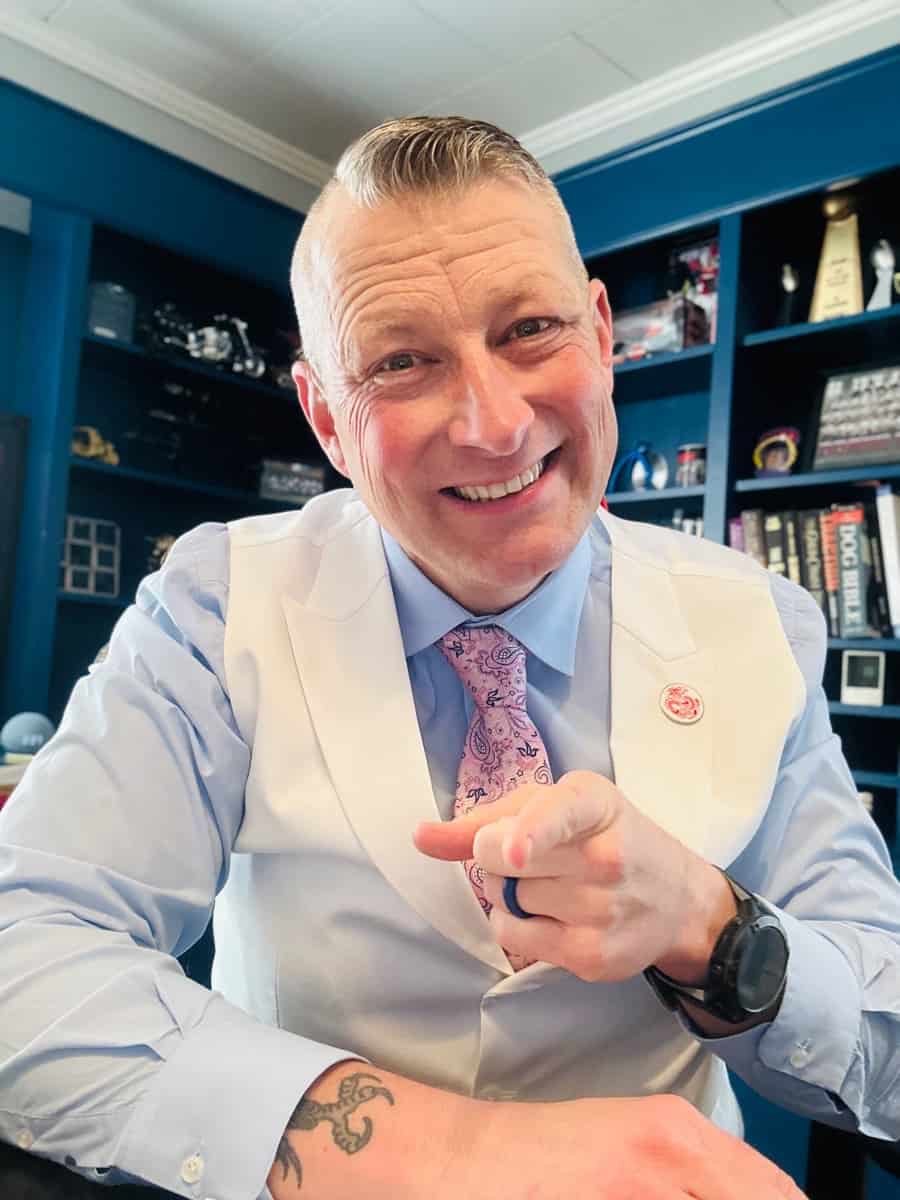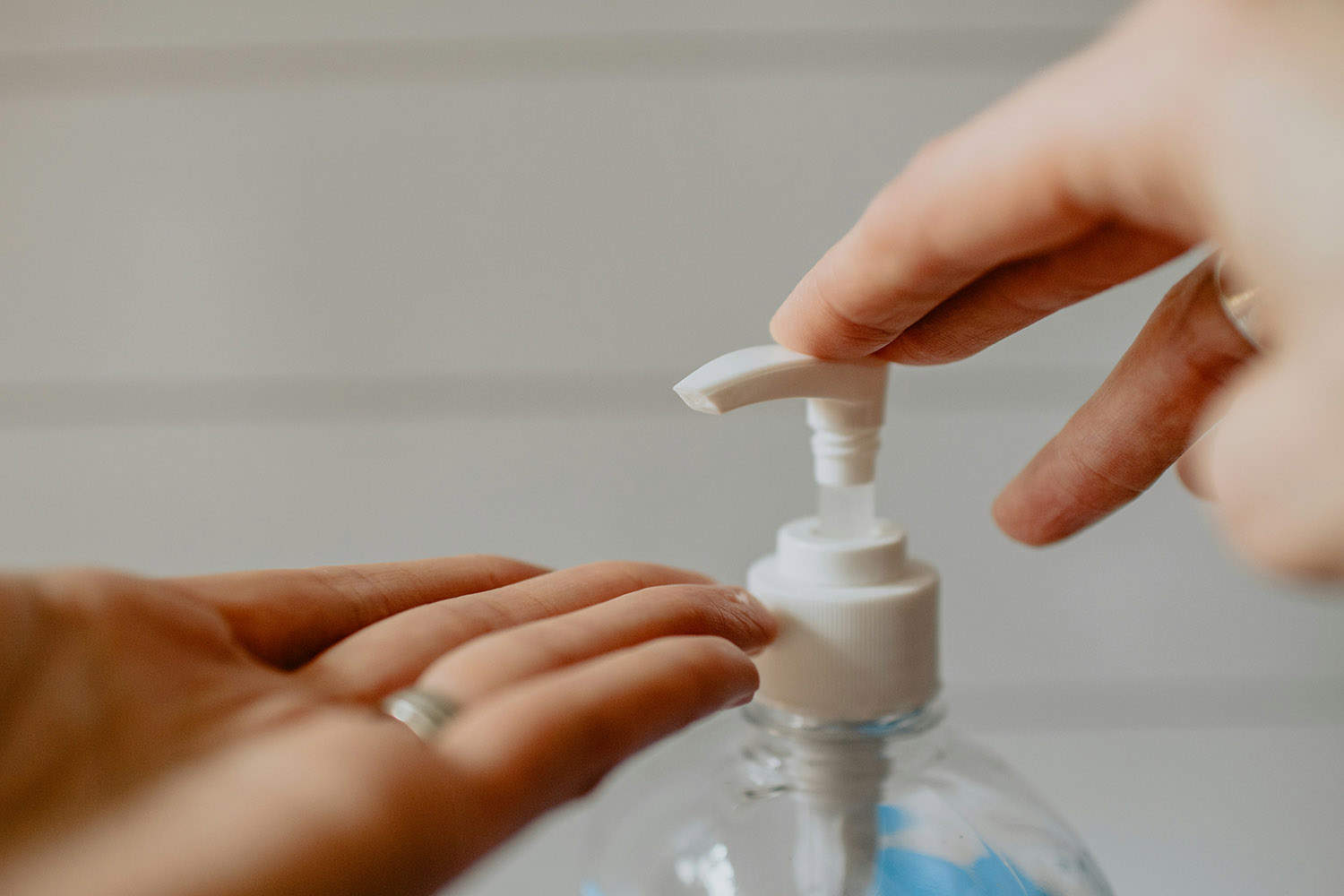A state of emergency was declared on March 7, 2020, in the state of New York. The Coronavirus emergency now effectively tests the provision signed into law by Gov. Cuomo on December 18, 2019, which stated that unsolicited sales calls are prohibited during state-wide emergencies.
It appears New Yorkers have one thing to look forward to during the Coronavirus Emergency – no more spam, scam, fraud, or nuisance calls. However, that brings little comfort as the fears escalate over what is now being called a pandemic by most news sources.
No More Cold Sales Calls During State of Emergency
It seems oddly prophetic that the State law was signed just a few months before an actual state of emergency. Nevertheless, after Gov. Cuomo called a press conference on March 7, we are witnessing the first time this provision is put to the test.
Gov. Cuomo talked about it back in December, saying that sales calls may be annoying during normal days, yet cold calls during emergencies are a danger to public health.
It comes as no surprise – during an emergency, most people receive calls from unknown numbers. Those calls could be from health officials, hospitals, friends, or family. The last thing anyone wants during a time of crisis is to be cold-called by a telemarketing agent.
It seems that’s exactly the reasoning behind the measure.
“On a good day telemarketer calls are a nuisance – during times of emergency they can impede residents’ ability to get the information they need to stay safe […] By signing this measure into law, we will help ensure New Yorkers receive potentially life-saving notifications in real time, creating a safer Empire State for all.”
The focus, as Assemblymember David Buchwald aptly put it, is to maintain “open lines of communication” with the world, and not have people wary of picking up the phone for fear that it’s a spam caller.
Cuomo Takes a Jab at Purell, Amazon, eBay, Facebook
Gov. Cuomo was also extremely critical of companies that engage in price-gouging when it comes to essential supplies during a state of emergency – like hand sanitizer, cleaning supplies, and others. As such, the state of emergency also expedites the procurement of these items and establishes a consumer hotline at 800-697-1220.
Cuomo warned store-owners they will lose their license if they continue the price-gouging practice, citing reports of hand sanitizers costing upwards of $80.
He went on to scold Facebook and eBay and asked the companies to police their sites and remove stores selling medical masks for outrageous prices.

At the same time, the Governor announced the introduction of a state-made product, appropriately called the NYS Clean hand sanitizer. He praised it as superior to the already-existing products which are now having their prices inflated.
“To Purell, and Mr. Amazon and Mr. eBay, if you continue the price gouging, we will introduce our product, which is superior to your product. And you don’t even have the floral bouquet, so stop price gouging.” – Gov. Andrew Cuomo
Summing Up
To recap:
- No more cold sales calls to New York. These types of calls were effectively banned when the Coronavirus State of Emergency in New York was declared on March 7, 2020.
- New York State is now producing its own hand sanitizer, with production being expedited.
- The state of emergency also enables several other important measures.
- You can read the entire press release regarding the December ban on unsolicited sales calls during emergencies here.
If you want to learn more about prevention and the effects of the Coronavirus on mental health, you should check out this guide about guarding mental health during the COVID-19 pandemic.
NobelBiz can help your contact center stay ahead of the Coronavirus provisions and keep your business running smoothly with its OMNI+ Cloud-based contact center solution. Fill in the form on this page and we’ll reach out to talk about your current concerns. Our support engineers are ready to help you make the switch to remote agents today!

Michael McGuire is a contact center industry expert with almost two decades of experience in the space. His experience includes roles as Director of Contact Center Digital Transformation at NobelBiz, and as Director of Operations at FLS Connect, managing multiple call centers. As President of Anomaly Squared and Targeted Metrics, Michael successfully transitioned companies into remote operations and significantly boosted revenues. With a strong background in customer service, leadership, strategic planning, and operations management, Michael excels in driving growth and innovation in the call center space.
Mike is also a proud Board Member for R.E.A.C.H Trade Group, promoting consumer protection and satisfaction and Co-host of the Off Skripted Podcast – a show about Life, Call Centers and everything in between.







